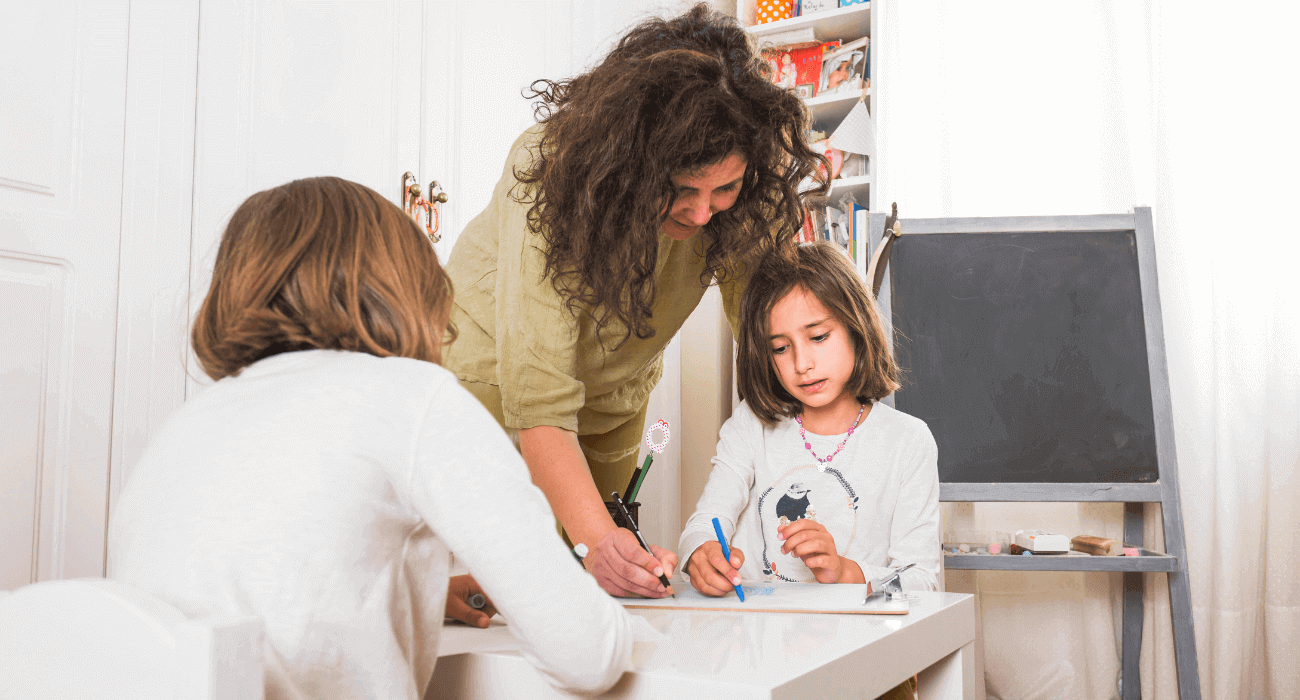Choosing the right child care provider is one of the most critical decisions a parent will make. Whether you’re returning to work or seeking help at home, finding someone who aligns with your parenting philosophy and meets your child’s needs is essential. This blog post will guide you through the top questions to ask during a child care interview, ensuring you feel confident and secure in your choice.
Why It’s Crucial to Ask the Right Questions
When it comes to child care, asking the right questions can make all the difference. Not only will it help you understand the candidate’s qualifications and experience, but it will also give you insight into their personality and approach to child care. By being thorough, you can avoid future complications and ensure a harmonious relationship between your family and the caregiver.
Understanding the Candidate’s Background
Explain Their Experience
Start by asking about their previous experience in child care. How long have they been working with children, and in what capacity? Have they worked with children of similar age to yours? Look for specific examples where they have handled situations that could arise in your home.
Education and Training
Inquire about their educational background and any training specific to child care. Do they have certifications in CPR or first aid? Have they taken any courses in child development or early childhood education? These qualifications can be critical indicators of their preparedness and commitment.
References and Recommendations
Always request references. Speaking to past employers can provide valuable insights into their reliability, work ethic, and effectiveness in child care. Positive references are a good sign, but it’s also important to know how they handle constructive feedback.
Assessing Compatibility with Your Family

Childcare Philosophy
Ask about their child care philosophy. How do they handle discipline? What activities do they believe are beneficial for children? Their answers should align with your own beliefs and approaches.
Daily Routine
Understanding their approach to a daily routine can help you see if they will fit into your household. Ask how they plan to structure a typical day, including meals, naps, and playtime. Consistency is key, and their routine should match your child’s needs.
Comfort with Pets
If you have pets, it’s essential to know if the candidate is comfortable around animals. Some caregivers may have allergies or fears, which could affect their ability to perform their duties effectively.
Gauging Their Interpersonal Skills
Communication Skills
Effective communication is vital in child care. Ask how they would keep you updated on your child’s progress and any issues that arise. Do they prefer daily reports, texts, or weekly meetings? Clear communication ensures that everyone is on the same page.
Conflict Resolution
Every parent-child relationship will encounter conflicts. Ask how they handle disputes among children or disagreements with parents. Their approach to conflict resolution can reveal much about their patience, creativity, and professionalism.
Emotional Intelligence
A good caregiver should be empathetic and emotionally intelligent. Ask about a time they had to comfort a distressed child or deal with a challenging situation. Their response will give you an idea of their ability to manage stress and provide emotional support.
Practical Considerations
Availability and Flexibility
Discuss their availability and flexibility. Are they willing to work evenings or weekends? Can they handle last-minute changes or emergencies? Their schedule should align with your needs and expectations.
Compensation and Benefits
Clarify compensation expectations, including salary, overtime, and benefits. Discussing these details upfront can prevent misunderstandings and ensure a fair agreement for both parties.
Trial Period
Consider implementing a trial period to see how they integrate into your family. This can give you a hands-on sense of their capabilities and how well they get along with your child.
Ensuring Safety and Security

Background Checks
Always conduct a comprehensive background check. This should include criminal records, driving history, and any other relevant information. Ensuring the safety of your child is the top priority.
Health and Hygiene Practices
Ask about their health and hygiene practices. How often do they sanitize toys? What steps do they take to prevent illness? Their attention to cleanliness can affect your child’s well-being.
Emergency Procedures
Ensure they know how to handle emergencies. Do they know the fastest route to the hospital? Are they familiar with your home’s layout and emergency contacts? Their preparedness can be a lifesaver.
Creating a Positive Environment
Encouraging Development
A good caregiver should foster your child’s development. Ask about how they plan to encourage learning and growth through play, reading, and other activities. Their enthusiasm for child development should be evident.
Handling Tantrums
Tantrums are a part of childhood. Ask how they manage them calmly and effectively. Their strategies should be consistent with your approach to discipline and comfort.
Building a Relationship with Your Child
Finally, gauge their ability to build a strong, positive relationship with your child. Ask how they plan to bond with your child and earn their trust. A nurturing relationship is the foundation of effective child care.
Conclusion
Finding the perfect caregiver for your child is a significant task, but by asking the right questions, you can make an informed decision. Remember to trust your instincts and take your time. Your child’s safety, happiness, and development are worth the effort. For more personalized guidance and to connect with top caregivers, consider booking a consultation with our child care experts. Your peace of mind is just a question away.

